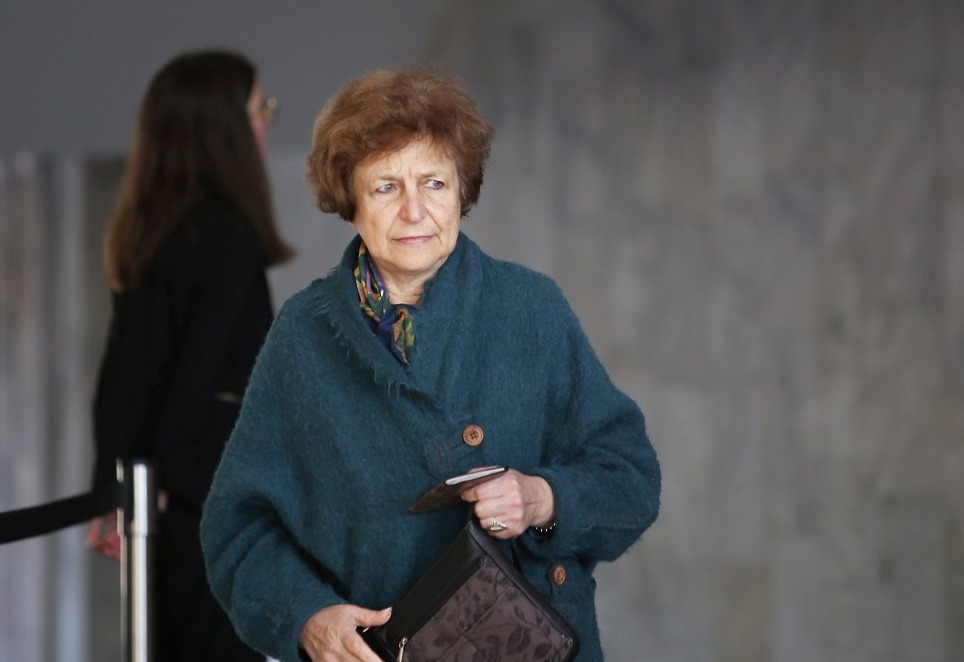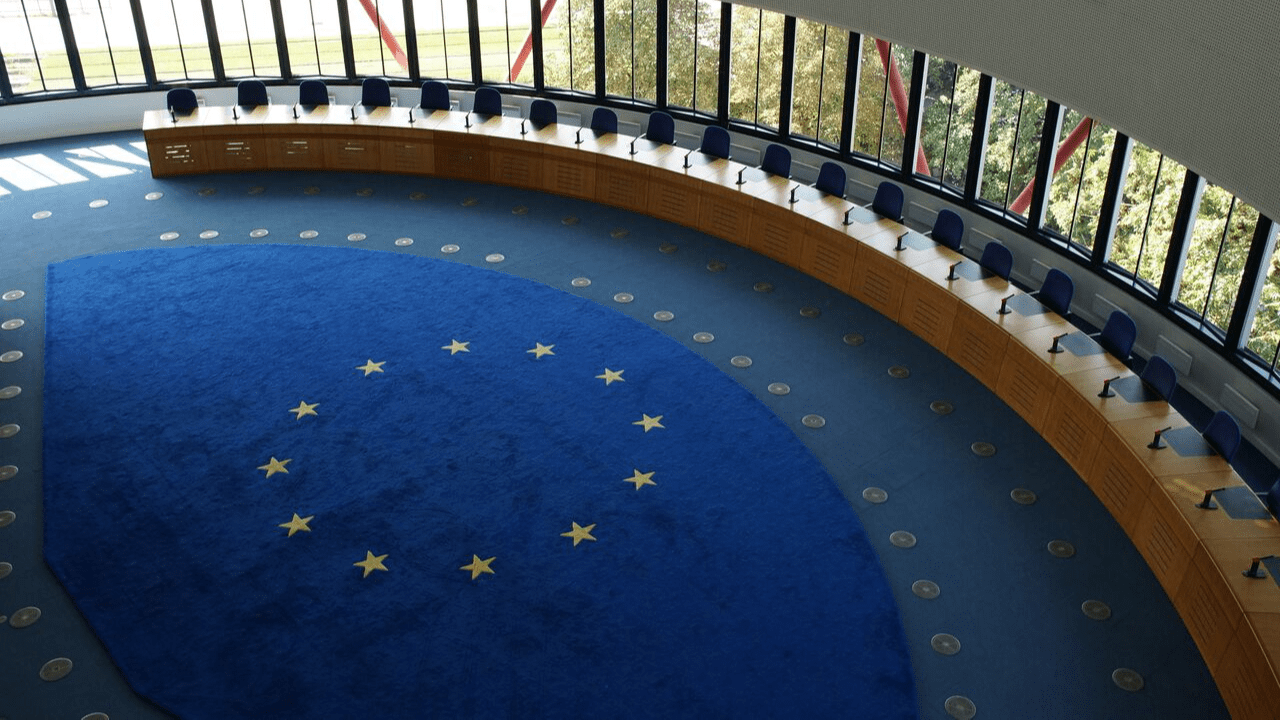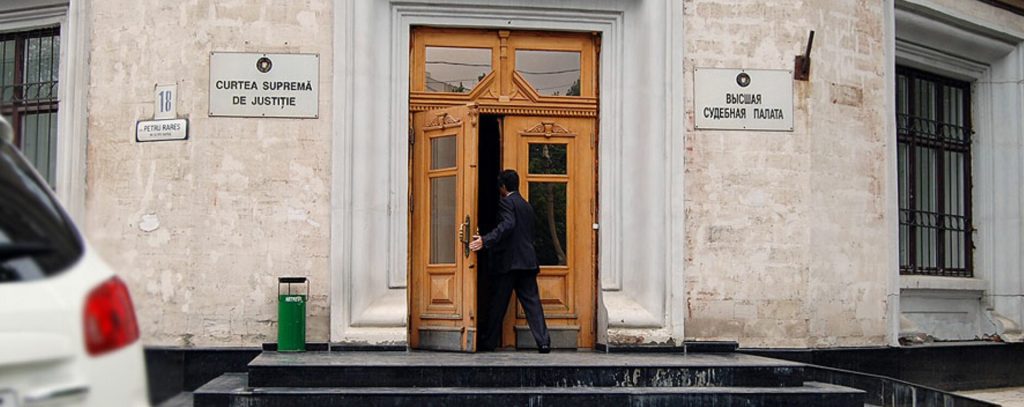When the European Court of Human Rights (hereinafter referred to as the ECtHR) examines issues concerning compliance with Article 3 of Protocol No. 1 (the right to free elections) to the European Convention on Human Rights (hereinafter referred to as the ECHR), it focuses on two criteria: whether there was an arbitrary element or a lack of proportionality, and whether the restriction interfered with the free expression of the people’s will.
In the case of Ždanoka v. Latvia (No. 2) (judgment delivered on 25 July 2024), the ECtHR unanimously decided that the right to free elections had not been violated. The case concerned the exclusion of politician Tatjana Ždanoka from the list of candidates in the 2018 parliamentary elections.

Case Background:
In 1971, Tatjana Ždanoka became a member of the Communist Party of Latvia, the regional branch of the Communist Party of the Soviet Union, where she held prominent positions. Following Latvia's restoration of independence in 1991, the Communist Party was outlawed.
Since then, Ždanoka has been prohibited from participating in national parliamentary elections, although no such restrictions applied to European Parliament elections. She served as a Member of the European Parliament from 2004 to 2024.
In the 2018 elections, Ždanoka was nominated as a candidate by the Latvian Russian Union party. During this period, the Constitutional Court of Latvia upheld the constitutionality of the legal ban on former KGB agents running for parliamentary office, emphasizing that "the purpose of the restriction is to safeguard the democratic order of the state, national security, and Latvia's territorial integrity." Based on these considerations, the Central Election Commission of Latvia removed her from the electoral list.

ECtHR's Findings:
Regarding the proportionality of the measure, the ECtHR reaffirmed the conclusions of the Grand Chamber in the Ždanoka (No. 1) case, stressing that the primary aim of the restriction was not to punish, but to safeguard the integrity of the democratic process. The Court highlighted that the applicant's stance, which opposed the independence of the state, and her refusal to distance herself from the Communist Party's anti-democratic position, even in the post-Soviet era, were pivotal factors.
Although the ECtHR acknowledged that maintaining the restriction in 2018 might weigh in favor of the applicant, it could not reach this conclusion given the specific and sensitive context of the case. The Court considered that Latvia borders Russia, a state that has invaded and controls the territories of its neighbors. Thus, the restriction must be interpreted given the wide margin of appreciation granted to the state in this area.
While it is true that the Central Election Commission’s decision, based on reports from state security agencies, might be viewed as somewhat vague regarding which of the applicant's actions were specifically considered by the authorities as threats to Latvia’s independence and democratic order, the ECtHR drew parallels with the case of Kirkorov v. Lithuania. In that case, the Court found that the authorities' decision was not arbitrary when they prohibited entry to an artist who was an active promoter of disinformation and propaganda.
Considering the applicant’s public profile, the Latvian authorities’ assessment noted that Ždanoka actively supported Russia's annexation of Crimea, including her participation as an observer in the "elections" held in the annexed Crimea. She also contributed to Russian propaganda at events organized by her party and in Russian television broadcasts, where she expressed views favorable to Russia’s expansionist policies, spread misinformation about the war in Ukraine, and promoted narratives that divide society and destabilize the existing order. This has led to artificial polarization among ethnic groups, creating tensions within Latvian society.
Considering these factors, the ECtHR concluded that restricting the candidacy of individuals who have endangered and continue to endanger, the state’s independence and the principles of a democratic state was legitimate and proportionate.
Personal Note:
The case of Ždanoka v. Latvia (No. 2) provides a fascinating example of the complex interplay between the protection of national security and the safeguarding of human rights, particularly the right to participate in elections. The applicant’s public profile and activities were decisive in the authorities’ assessment of the perceived threat to national security, underscoring the significant role that the geopolitical context plays in such decisions.
Nevertheless, restrictions on the right to stand for election must not be wielded arbitrarily or as a means to suppress political opposition. These measures should be based on clear and compelling evidence, addressing a genuine and immediate threat to security and democratic order. The ECtHR emphasizes that national authorities must demonstrate the existence of a concrete danger, thereby ensuring that such restrictions are not applied abusively or disproportionately. Furthermore, the ECtHR considers electoral legislation within the broader context of a country’s political developments, acknowledging that measures deemed unacceptable in one system may be justified in another.
Moreover, it is essential that these restrictive measures be subject to regular review to ensure they remain pertinent and proportionate as geopolitical contexts and democratic landscapes evolve. This approach is vital to safeguarding democracy from being compromised by its own protective mechanisms.
***
In the context of today’s geopolitical climate, particularly the ongoing war in Ukraine and its implications for national security across Europe, it is anticipated that the ECtHR will continue to render decisions on these issues. Such rulings will likely shape a new body of legal practice that is responsive to contemporary challenges.
Author: Daniel GOINIC, Human Rights Programme Director
Photo credit: Freepik, LSM, ECtHR


